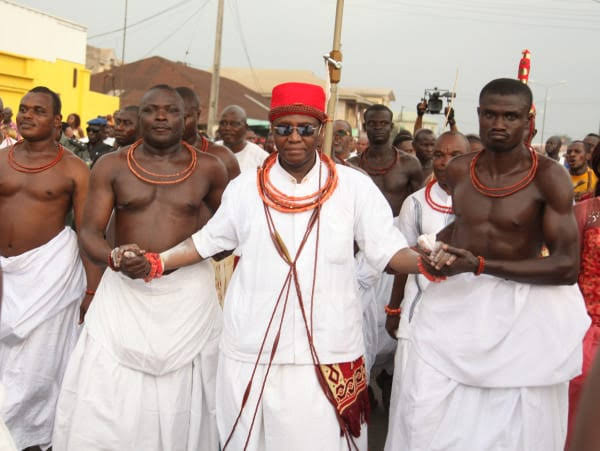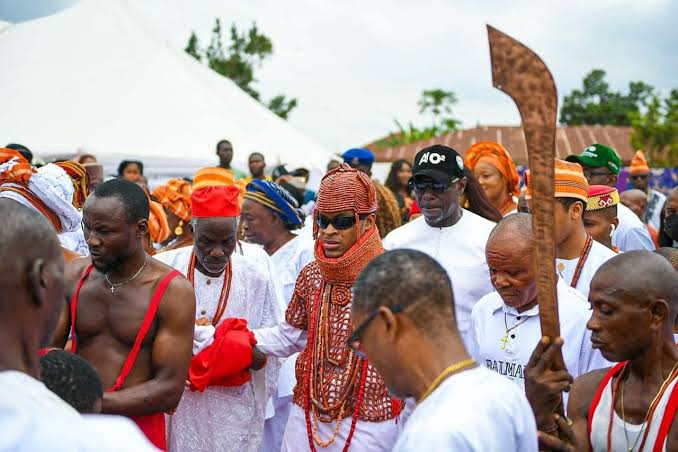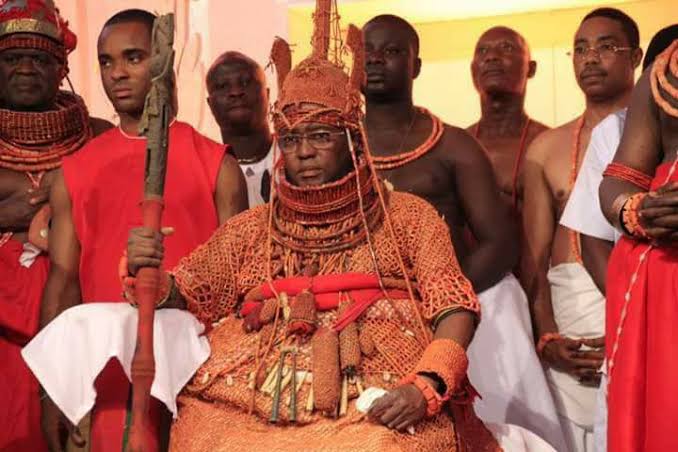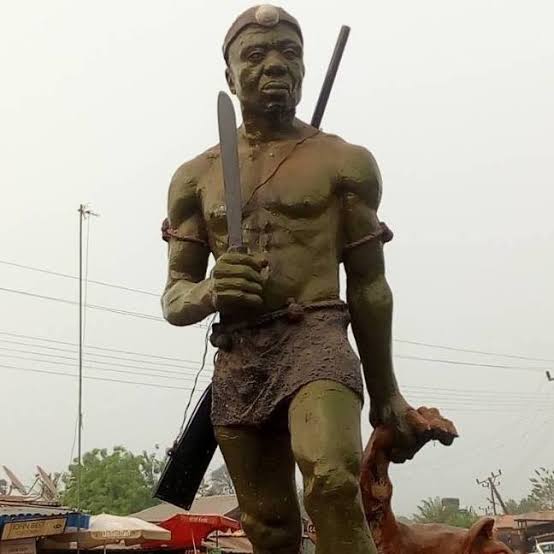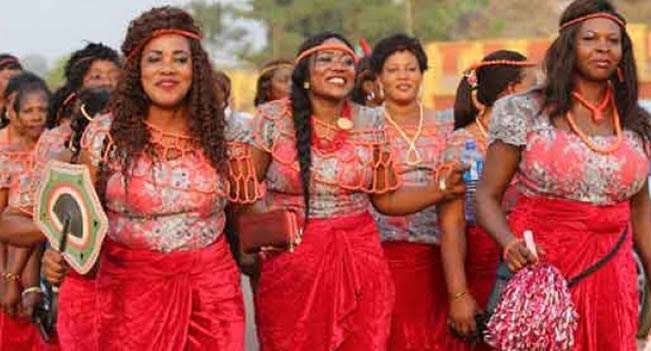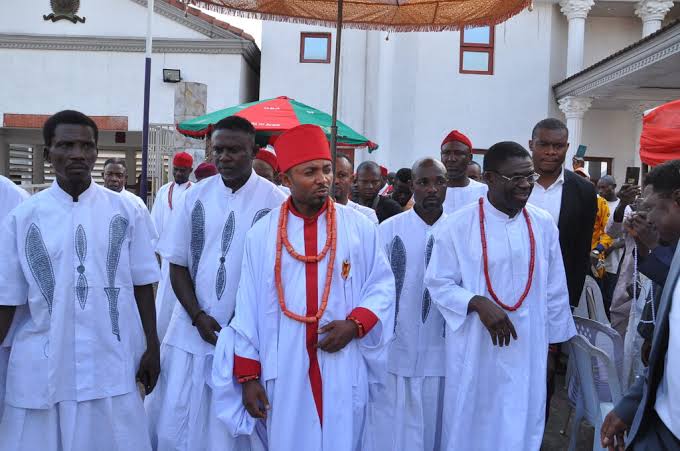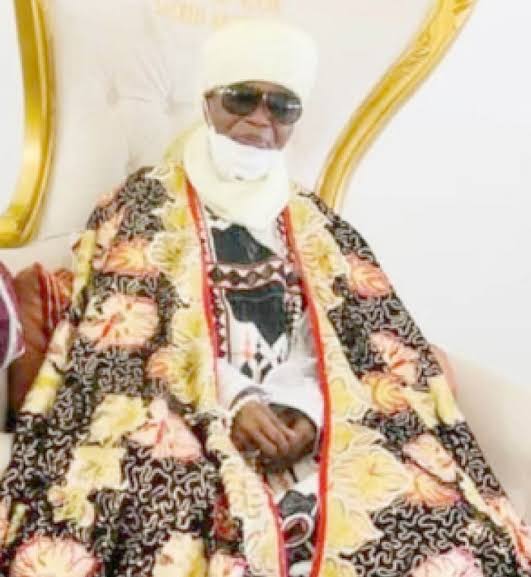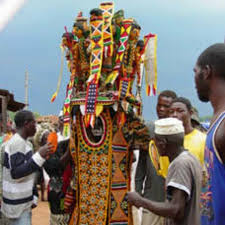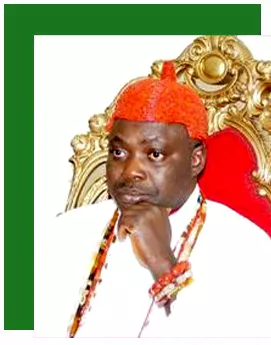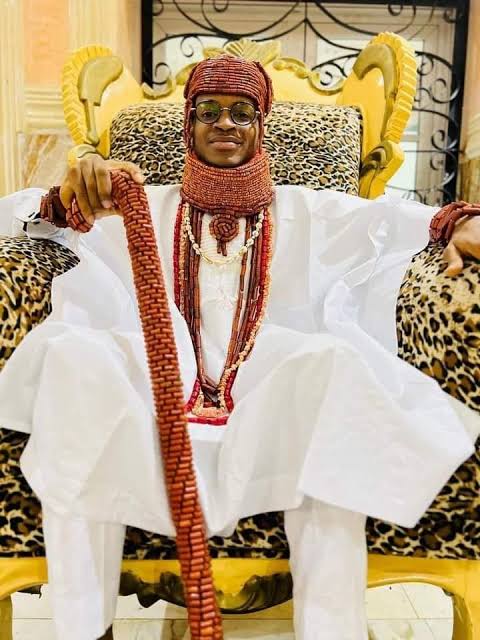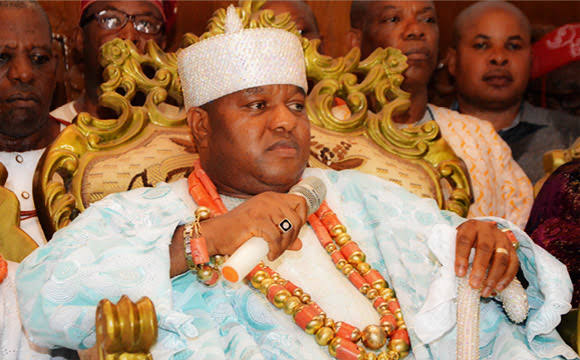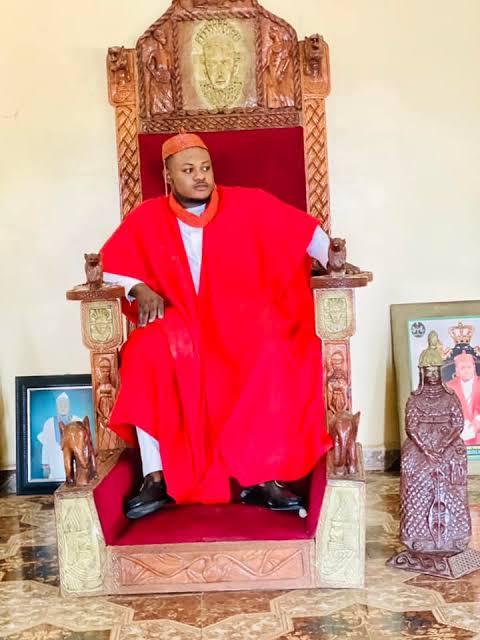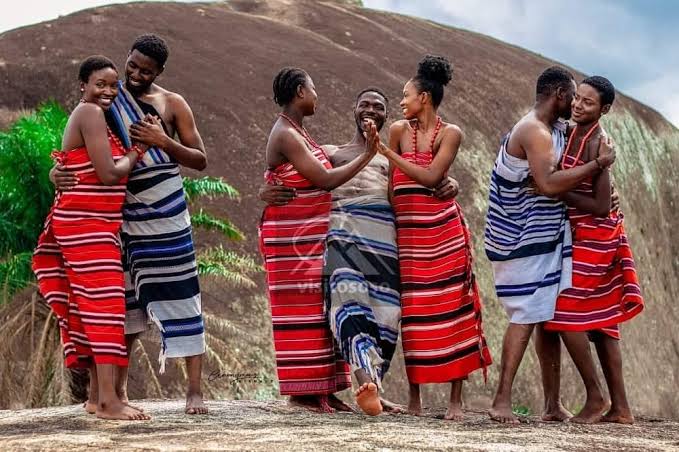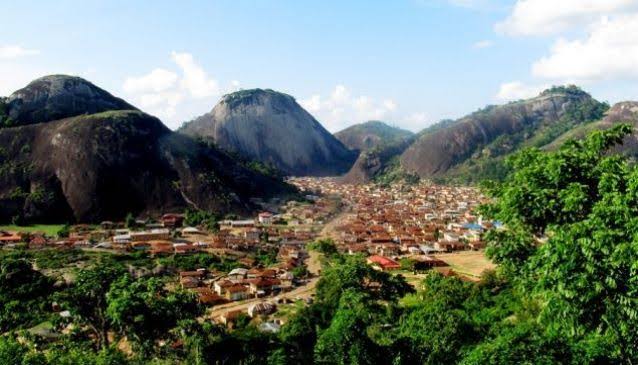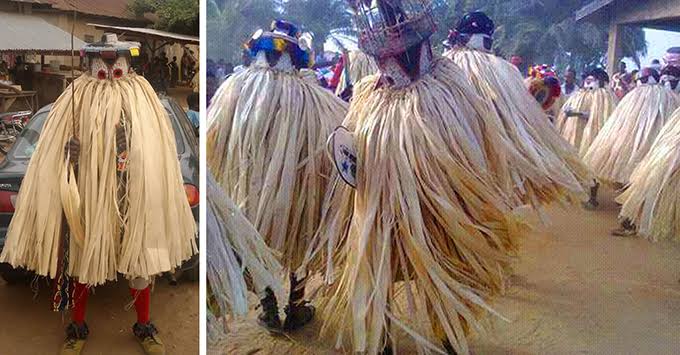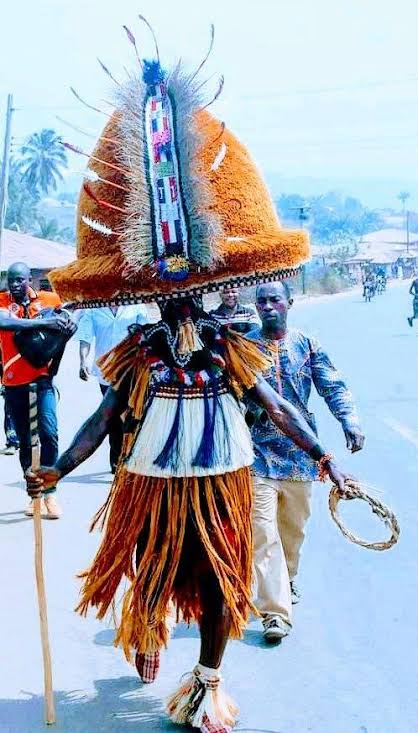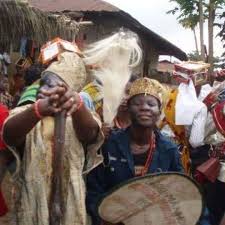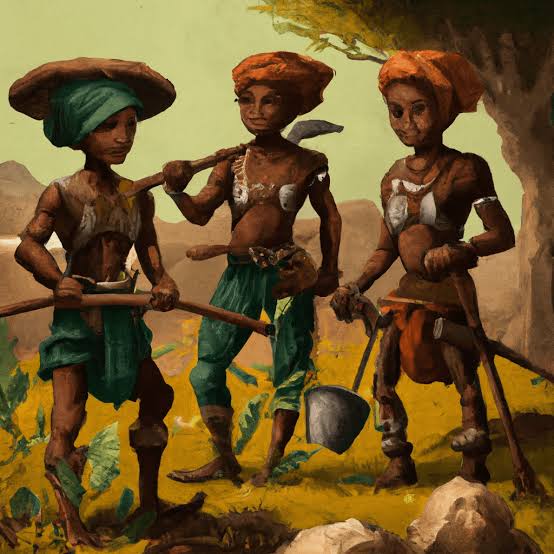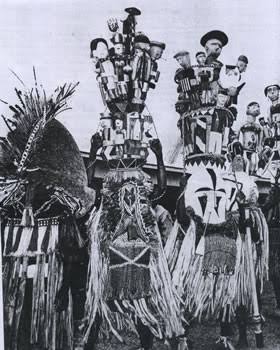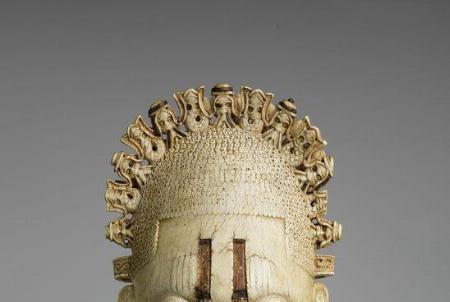Irua Kingdom
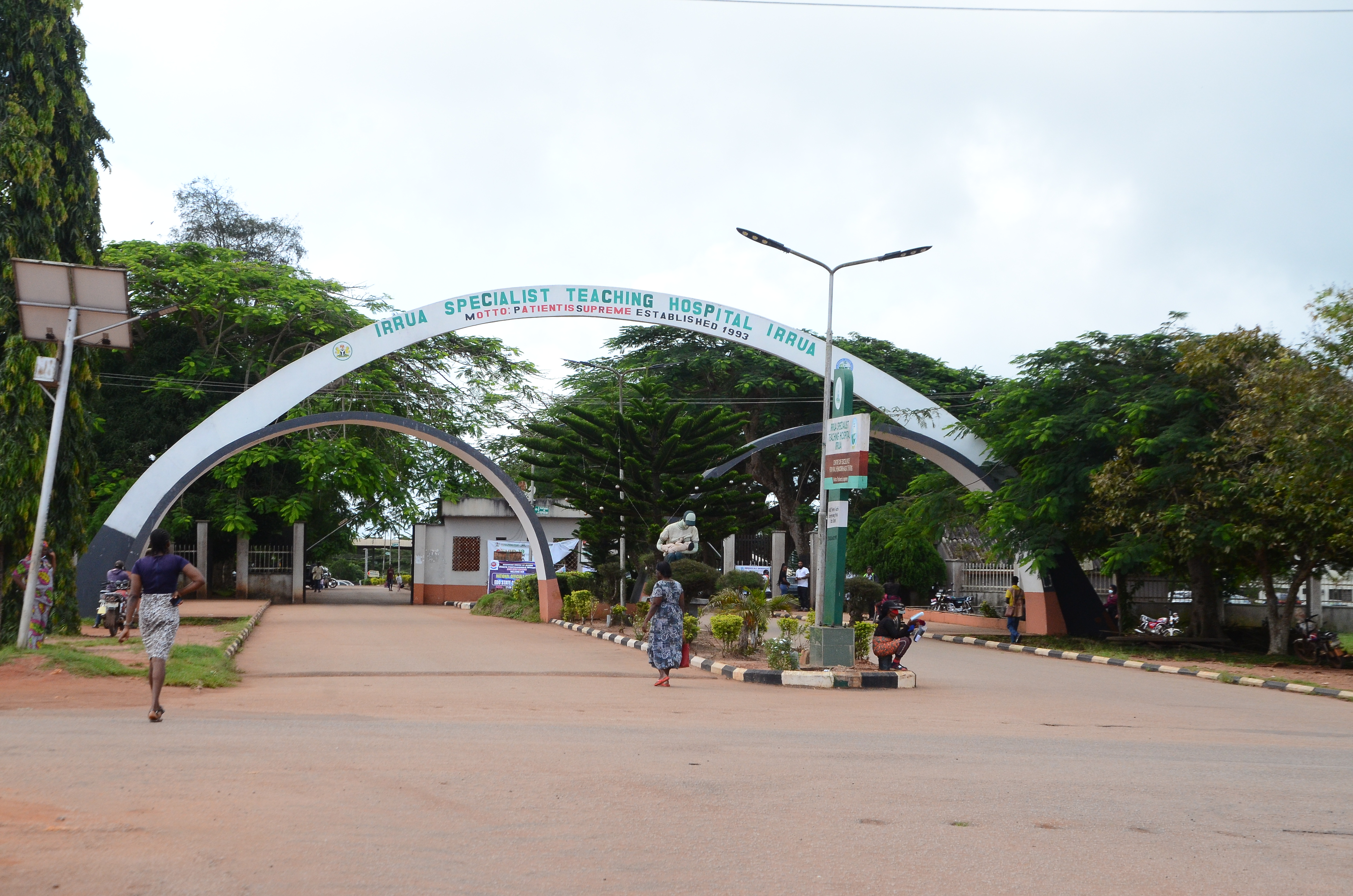
Description
Irrua is a notable kingdom and town in Esan Central Local Government Area of Edo State, Nigeria. It holds a significant place within the Esan ethnic group, which is part of the larger Edo-speaking peoples of southern Nigeria. The kingdom is known for its rich history, traditional governance, cultural heritage, and contributions to the socio-economic development of the region.
Historical Overview
The history of Irrua, like much of Esanland, is deeply rooted in the migrations from the ancient Benin Kingdom. During the 15th century, under the reign of Oba Ewuare the Great (circa 1440-1473), many groups left Benin due to internal strife, expansionist policies, and conflicts. These groups moved to different parts of what is now known as Esanland, establishing autonomous communities. Irrua emerged as one of these communities, developing into a prominent kingdom with a distinct identity.
Irrua's history is marked by its resilience and ability to maintain its traditions while adapting to changing political and social environments. Over the centuries, the kingdom has played an essential role in the cultural and political landscape of Esanland.
Political Structure
Irrua is traditionally governed by a monarch known as the **Okaijesan of Irrua**. The Okaijesan serves as both the paramount ruler and the spiritual leader of the kingdom. The title "Okaijesan" is hereditary, passed down within the royal family, and the monarch's role is central to the administration of the kingdom.
The Okaijesan is supported by a council of chiefs, known as the **Elders Council**, who represent various quarters and villages within Irrua. This council assists the Okaijesan in governance, particularly in matters related to land disputes, community development, and the preservation of cultural traditions. The council plays a crucial role in the decision-making processes that affect the community.
Cultural Practices
Irrua is rich in cultural heritage, with various festivals, traditional ceremonies, and religious practices that are integral to the community's identity. Some key cultural practices include:
huan Festival: The Ihuan Festival is one of the most significant cultural events in Irrua. It involves traditional dances, music, and rituals that honor the ancestors and reinforce community unity.
New Yam Festival: This festival marks the beginning of the yam harvest season and is celebrated with feasting, traditional dances, and prayers for a bountiful harvest. The New Yam Festival is a critical event in the agricultural calendar and symbolizes prosperity and gratitude.
Marriage Ceremonies: Traditional marriage in Irrua involves elaborate rites, including the negotiation of the bride price, the exchange of gifts, and communal celebrations. These ceremonies are deeply rooted in Esan customs and are marked by music, dance, and feasting.
Masquerades: Masquerades play a vital role in the cultural life of Irrua, particularly during festivals and other significant community events. They are believed to represent ancestral spirits and are involved in various rituals and ceremonies.
Economy
The economy of Irrua is primarily based on agriculture, with the cultivation of yams, cassava, maize, and palm oil being the mainstay. The town's fertile land supports these agricultural activities, which have traditionally sustained the community. Additionally, Irrua has a vibrant market where agricultural produce, crafts, and other goods are traded. Its strategic location within Esanland has made it a hub for trade and commerce.
Education and Healthcare
Irrua is home to several educational institutions, including primary, secondary, and higher education facilities. Notably, the Irrua Specialist Teaching Hospital (ISTH) is one of the most significant healthcare institutions in Edo State and the surrounding regions. ISTH serves as a teaching hospital and provides advanced medical services, making Irrua an important center for healthcare in Nigeria.
Modern-Day Irrua
Today, Irrua is a vibrant town that blends traditional and modern influences. It has experienced significant growth and development in recent years, particularly in education, healthcare, and infrastructure. Despite these changes, Irrua has managed to retain its traditional governance structures and cultural heritage.
The Okaijesan of Irrua remains a central figure in both traditional and modern governance, playing a key role in community leadership and development. The town continues to be a focal point for cultural activities and festivals, attracting people from across Esanland and beyond.
References
1. Okojie, C. G. (1994). Esan Native Laws and Customs.This book provides an in-depth analysis of the traditional laws and customs of the Esan people, with specific attention to the practices in Irrua and other Esan communities.
2. Omo-Ojugo, A. A. (1986). A Short History of Esanland.This book offers a detailed history of Esanland, including the origins, cultural practices, and social structures of the Irrua Kingdom.
3. Aisien, E. (2001). The Benin People: Great Benin.While primarily focused on the Benin Kingdom, this book provides valuable context for understanding the migration and establishment of communities like Irrua.
4. Ambrose, F. (2003). The Kingdoms of Esanland.This work covers the history and significance of various Esan kingdoms, including Irrua, offering insights into their traditional governance and cultural practices.

Related Content
Join The Edo State Digital Library
The Edo State Digital Library is a global network of researchers, archivists that is open to anyone with interest in documenting Edo State's history. There are many ways to contribute to the archive: as an individual or as an institution looking to share its content online, as a professional archivist, as a history researcher, or as someone with a love for cultural heritage. You may join as a:
.png)
.png)
